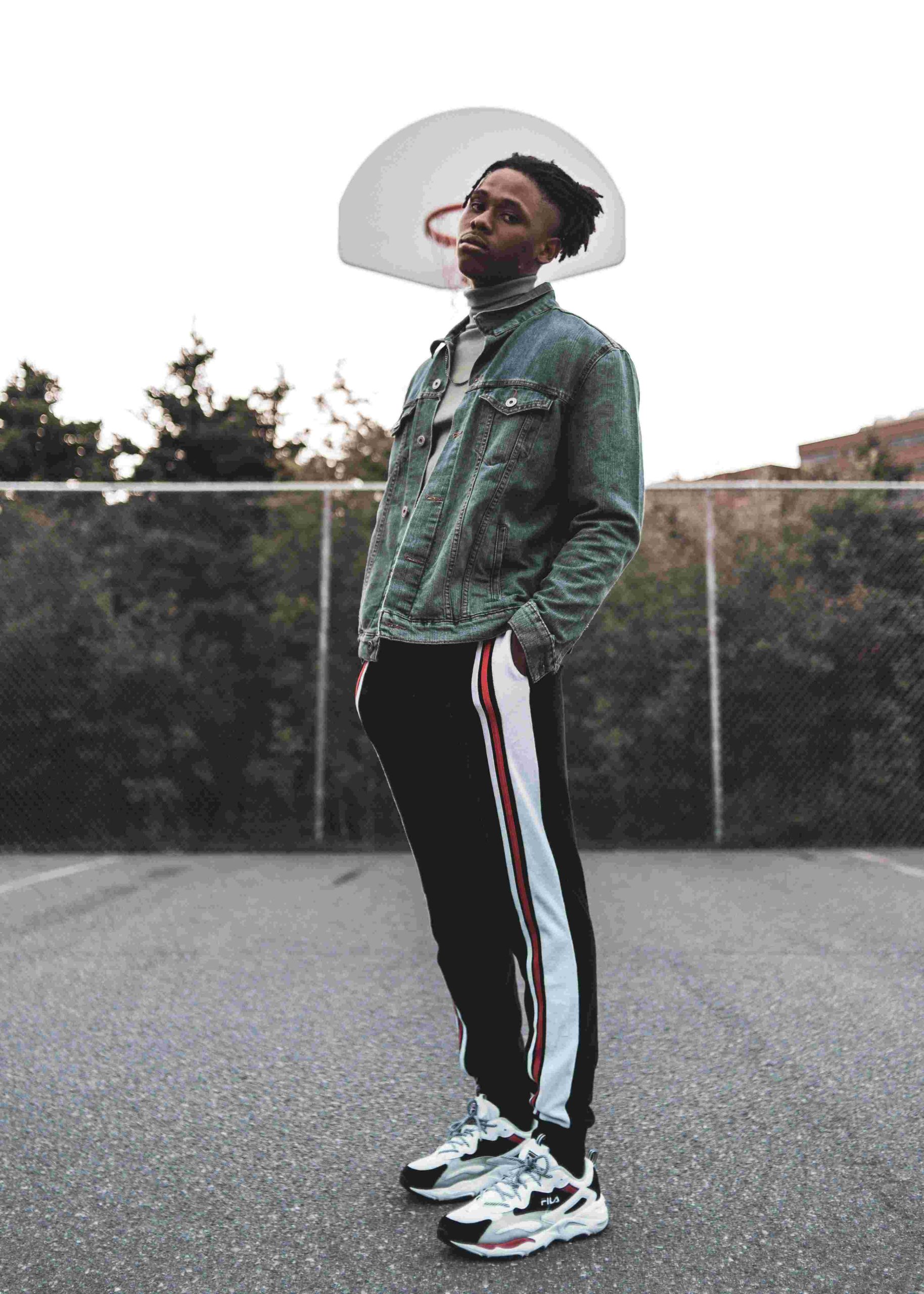The Unraveled Thread: Unmasking the Environmental Cost of Fast Fashion
Fast fashion isn’t just a fleeting trend; it’s a ticking time bomb for our planet, one that we cannot afford to ignore. Each season, big brands churn out stylish offerings at breakneck speeds, enticing consumers to replenish their wardrobes with pieces that may only last a few wears. But what lurks beneath the glossy surface is a sobering reality—a substantial environmental toll that challenges our perception of value and sustainability.
From Personal Experience to Global Consequences
My journey into understanding the fast fashion industry’s impact began during a routine closet clean-out. As I sorted through items, I was struck not only by the sheer volume of clothing I had but also by the guilt that accompanied it. Each discarded piece represented a choice I made—a choice rooted in fleeting trends rather than thoughtful consumption. This was but a microcosm of a larger issue; millions are making the same choices, which leads to an overwhelming amount of waste and pollution.
Challenging Conventional Wisdom
Traditionally, we have been led to believe that fast fashion is synonymous with affordability and accessibility. However, this norm invites a critical examination. True affordability cannot come at the expense of our environment. Should our choices be dictated by convenience over responsibility? By shifting our definitions of value, we can challenge the status quo and push for a more sustainable approach to fashion.
Cross-Disciplinary Perspectives
To grasp the full impact of fast fashion, one must blend insights from diverse fields. Psychology teaches us about consumer behavior—how marketing manipulates our desires. Philosophy guides us in understanding ethics; can our moral fabric withstand the repercussions of our lifestyle choices? Technology shows promise through innovations in sustainable fabrics and recycling methods. Businesses now have the opportunity to transform their practices and lead ethically, adopting circular economies that benefit both the planet and their profit margins.
Looking Ahead: Future Trends
As we move forward, the intersection of fashion and sustainability must be prioritized. The rise of ethical brands indicates a shift; consumers are becoming more conscientious and demanding transparency. The future lies in personalized fashion—where clothing is made to last, tailored to the individual, and produced with care for the planet. This means integrating technology into production to minimize waste while creating meaningful consumer experiences.
Concrete Steps Toward Change
Making sustainable choices often seems daunting, yet small steps can lead to significant changes. Firstly, embrace a minimalist wardrobe; invest in versatile pieces that can be mixed and matched. Secondly, support brands with transparent sourcing and environmentally friendly practices. Lastly, participate in clothing swaps or thrift shopping—these alternatives not only help reduce waste but can also cultivate community spirit.
Imagining Sustainability
Picture a world where fashion no longer signifies excess but rather a celebration of creativity and longevity. Envision a thriving landscape where every piece of clothing tells a story, crafted with consciousness and care. Just as a tree’s roots are crucial for its growth, the foundation of our fashion choices can support a healthier world.
The Imperative of Lifelong Learning
Education is paramount in this evolving landscape. Staying informed about sustainable practices, innovative materials, and ethical brands allows consumers to make decisions rooted in knowledge. Workshops, documentaries, and social media are invaluable tools that can enhance our understanding and commitment to sustainability.
Igniting Action in Our Communities
Beyond individual choices, we must inspire collective action. Organize community workshops to educate others on the benefits of sustainable fashion, promote local artisans who use eco-friendly practices, and lobby for policies that press for corporate accountability. We hold the power as consumers to shift the paradigm away from demand for fast fashion to a call for sustainable practices.
Embracing Critical Thinking
While the mainstream narrative celebrates the convenience of fast fashion, we must question this prevalent ideology. The brave choice might not always be the easiest one, but it is essential for our future. By fostering critical thinking, we arm ourselves against misleading marketing campaigns that overshadow the impending effects of our choices.
Collective Reflection
As we reflect on our roles in this ecosystem, remember the journey starts with awareness. Each time we choose what to add to our lives or discard, we influence a larger narrative. This article is more than a commentary; it invites you to engage with the fabric of our society and recognize the threads that bind us together.










